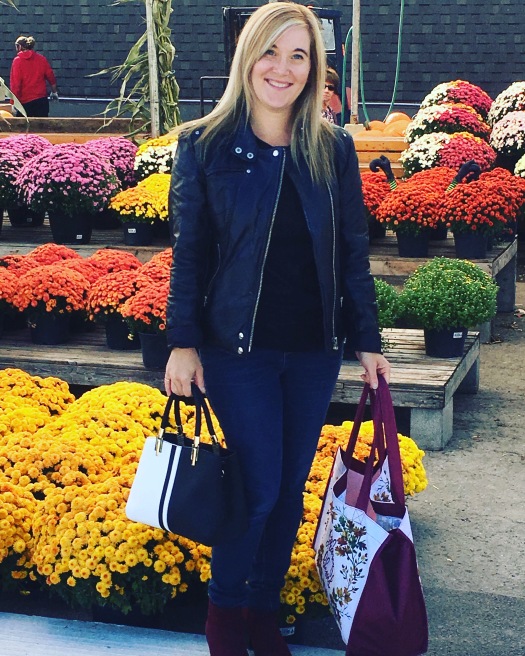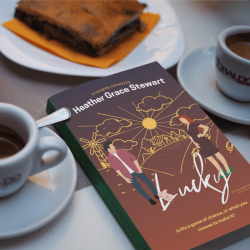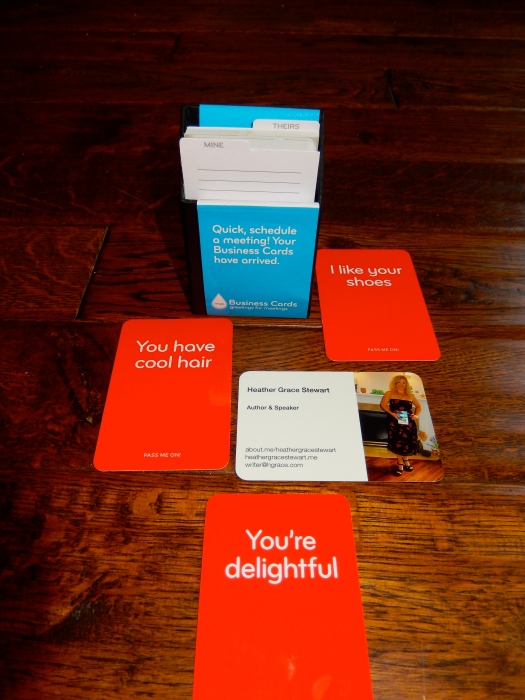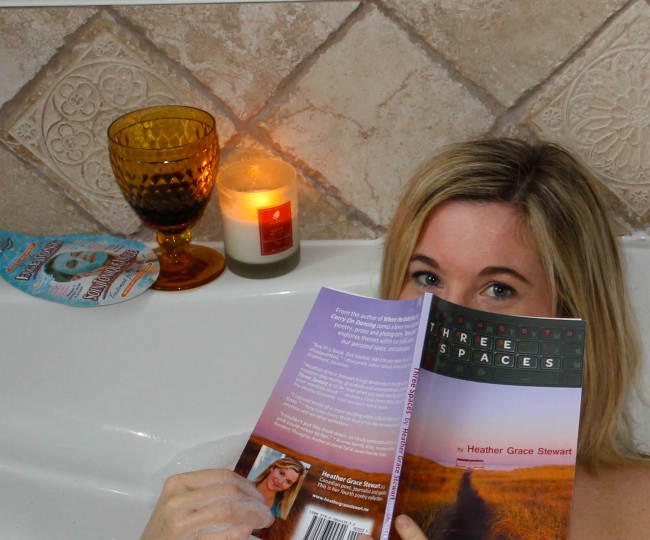I’ve just been invited by Amazon Canada to be an Amazon Influencer. This means that I get my own website at Amazon.ca to display all of my books (finally!) and I can recommend products to you there as well. As one reader put it, “You’re going commercial?”
You bet I am, but I’m not doing anything differently with my online presence than I have been for many years. It’s just that a large corporation finally noticed that what I have to say (of my own volition) to my followers may be useful to them. If that’s what some call “going commercial,” I say bring it on, bring it big or go home broke. I’m not doing anything I’m not proud of; in fact, I’m really excited about this, because I’d already been plugging books and products in my Instagram/ on Twitter and YouTube for two years without even realizing it. Now I’ll just be earning a small percentage per purchase when I point readers to books and products that I already use and love.
I’ve always been a writer for the love of writing, and if I can find ways to do what I’m passionate about every day, stick to my morals, and still make a decent living in the 21st century as an author? Then “going commercial” is something I’m darn proud of.
The best part is, this is one more way that I can prove to those of you who aspire to become authors that, yes, Virginia, we CAN be wealthy writers! Very few can make a living that will sustain a whole family simply by writing books (especially if you don’t have over ten published books out yet). We can, however, make a decent salary for ourselves as writers if we think outside the box and do more than just write books. We have to consider selling those books as ebooks, paperbacks, audiobooks; selling the rights to adapt those books into films; speak about our lives as writers and get paid for that, and use social media to gain more interested readers, which gives us leverage in making business deals with corporations and organizations that we respect.
I started out as a poet, first published at age five, and decided to become a writer then and there. At the time, I didn’t realize I was headed into a profession that would pay me very little (even as a trained journalist) for coming up with fresh ideas and stories out of thin air. It didn’t make sense to me: why are writers so undervalued, when people who catch footballs and run with them earn $5-20M a year?
Reality sunk in quite quickly in my twenties when I began sending out story ideas to magazines and learned I’d be paid two to forty cents a word for my work ($1/word for the top magazines) and that the average author in Canada makes $6,000 a year. For some crazy reason, though, I kept on writing. I think the reason is called passion.
I’ve since made it my mission to be transparent with followers who tell me that they want to be authors, too. I try to remind you that it’s going to be challenging, but not impossible, to make a living doing this. I only started making a good profit at writing fiction two years ago. It started out as what I called “skate money” to buy my daughter skates, but soon my earnings became “vacation money,” and I was able to buy a $500 daybed for our backyard, several lovely vacations for our family and I paid many bills (or as my husband Bill likes to joke about it, “Pay Bill.”). While my book income continues to grow, I wouldn’t be able to handle the mortgage payments on my own, plus saving for University for our daughter, plus all of our yearly expenses, without the help of my spouse’s income. I can’t sustain my family in 2018 on my author earnings. Yet.
And that’s why I’m going commercial. Plus, I love online shopping. I love avoiding traffic and crowds and shopping in my luxurious grey robe. Now, when I’m not writing my next novel or working on getting the last one adapted into a movie, I get to buy dresses, purses and shoes and tell you what I think about them? Yes, please!
Check out my new Amazon Influencer Link and please use it whenever you want to buy one of my books or audio books. It will be much appreciated.
Thanks for taking this journey with me,
Heather








